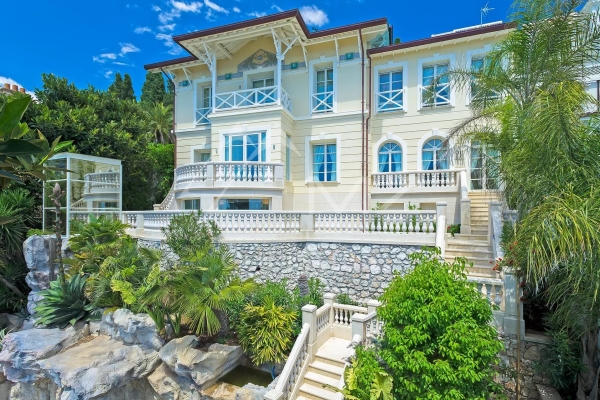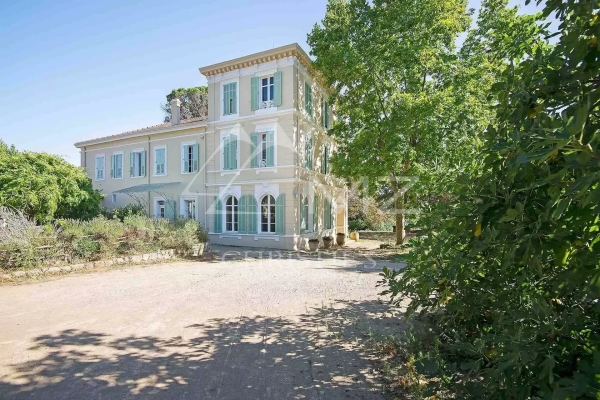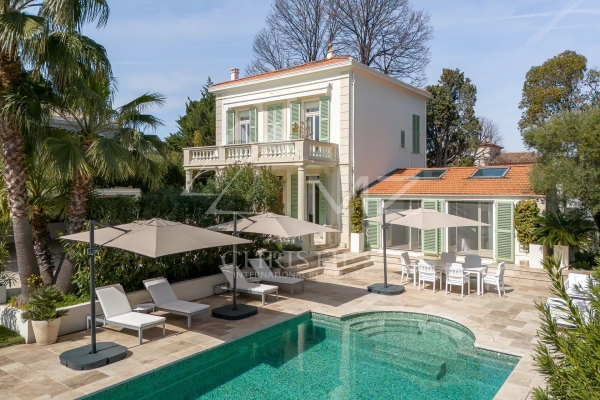Monaco, an ultra-safe investment
Cynics aiming to pare down the appeal of the micro-state to its tax advantages do not know the Principality nor its cultivation of the fine art of living. Focus on a dual market, in which buyers wanting to settle here permanently rub shoulders with investors determined to under-pin the security of their assets.
Somewhere between myth and reality, estate-agents describe a market which is still active despite tensions in the international economy. From the world’s most expensive apartment, reportedly priced around 300 million euros for living space of 3,300 m2 at the top of the now legendary Tour Odéon, to so-called more “ordinary” accommodation, the Principality apparently sold 404 properties in 2013 and is aiming for 550 transactions in 2014. Almost 36,000 people of 130 different nationalities share this patch of land totalling less than 2 square kilometres. After decades spent regaining land from the sea, Monaco, holder of the highest GNP per inhabitant in the world, decided to set its sights on the stars. As witnessed by the 49 floors of the Odéon.
While Femke Doeksen, manageress of Rosengart Luxury Real Estate, does not deny the importance of tax benefits, she readily vaunts the quality living conditions and high level of security that characterize Monaco. Very often, businessmen bring their families to live in this setting propitious for personal fulfilment beneath a particularly radiant sun, while making regular round-trips for their professional activities. A life-style made possible thanks to the proximity and efficiency of the Nice Côte d’Azur international airport and the existence of excellent school establishments. Monaco has both a village atmosphere and all the attributes of a large city : cultural and leisure facilities, renowned hotels and restaurants, and a vast array of boutiques.
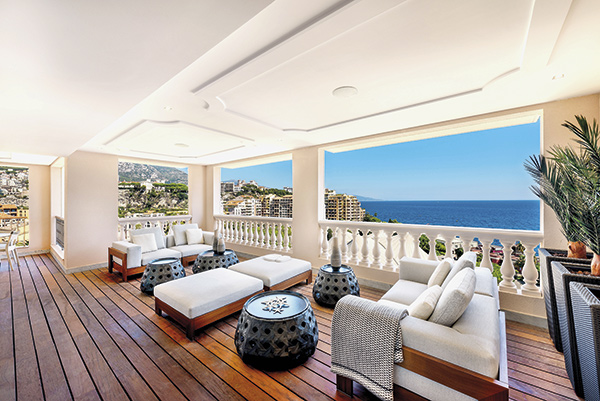
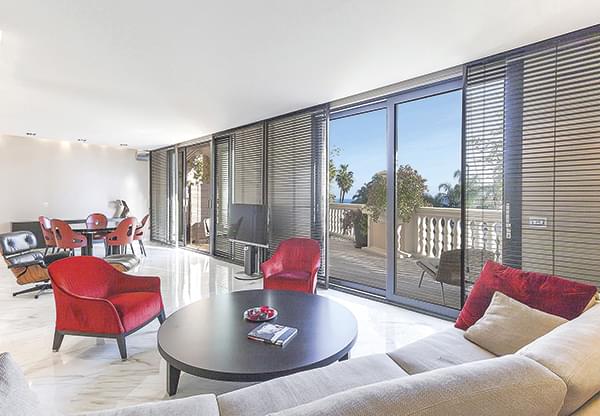
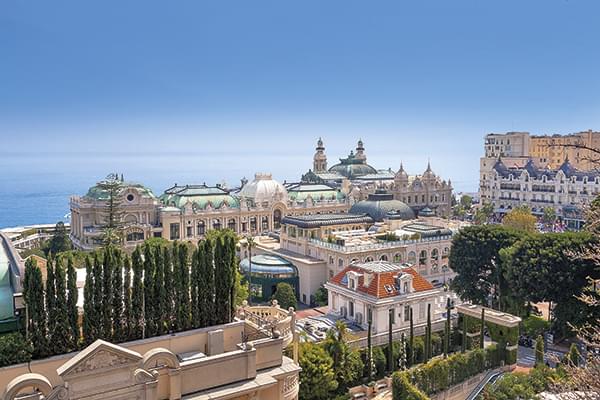
Two investor profiles co-exist. Starting with the property dealer constantly searching for a bargain. An exercise that requires a very well-padded wallet in the Principality, whether for the acquisition itself or for renovation work necessary to obtain capital gains. As for those handling family assets, they tend to pay 1.5 to 4 million euros, aiming for a price ratio below 30,000 € per sq. metre. One investor just acquired an apartment of 80 m2 in a luxury residence in Monte-Carlo, with a parking place, in need of renovation and without any particular view, for 1.8 million euros. Once refurbished, the property will be leased as office premises for 4,000 € per month. Apart from a few exceptions in old buildings requiring renovation and pegged at 20,000 € per sqm., the market for out-dated apartments usually ranges from 25,000 to 30,000 € per sqm., as compared with outstanding properties in the Tour Odéon or Le Mirabeau costing close on 80,000 € per sqm. A Dutch buyer just paid almost 20 million euros for a year-round home of 220 m2 plus panoramic terraces in the Tour Odéon. Depending on the neighbourhood, street and specific residence, prices can also vary radically in terms of the floor, view, level of noise, the residence’s intrinsic qualities and appointments. Highly demanding, the international clientele, used to certain standards of luxury, is frequently disenchanted when first arriving in Monaco. They also expect from estate-agents much more than advice and the orchestration of a transaction. It is precisely their ability to accompany the buyer in all his logistical procedures which makes the difference on this, one of the world’s most competitive property markets.
“Despite all the Principality’s attributes, it is hard to deny the appeal of the tax context, which is fundamental in understanding the property market and its very high prices,” says Angela Kleiber, owner of the Lorenza von Stein agency, pointing to “the arrival of Swiss and other nationalities residing in Switzerland, drawn by higher levels of leniency in terms of taxation that they find in the second smallest country in the world”. In the past, many clients saw rentals as a kind of springboard, a way of testing out life in the Principality. Today, confronted by the high price of rentals (21,000 € per month for an apartment of 220 m2 with three suites), some opt immediately for acquisition. Such was the case of a German client who just parted with 3,550,000 € for an apartment of 90 m2 with a terrace of 40 m2. Currently, German, British, Belgian, Dutch and Italian clients form the majority of buyers.
“Ultra-elitist, the market remains active for three basic reasons : security, whether regarding investments or the residents themselves, Monaco’s strategic position in Europe and its idyllic position on the Côte d’Azur, and tax benefits,” confirms Jean-Yves Le Graverend of John Taylor Monaco. He readily provides statistics from the “Observatoire de l’Immobilier”, illustrating the stability of Monaco’s property market : 28,000 € per sqm. in 2008, 25,000 € in 2009, 28,000 € in 2010, 31,000 € in 2011, 30,000 € in 2012 and 32,000 € in 2013. Rarely in any urgent need of recovering cash, home-owners here will not sell at a loss. They would rather remove their property from the market : 457 transactions in the Principality in 2007, 415 in 2008, 267 in 2011. In terms of the number of sales, 2014 should resemble the period “prior to the crunch”, with one difference : sales volume clearly on the rise. The only country in the world without any debt owes its dynamism to the desire of Europeans to live in Monaco, often arriving with their fingers burnt by taxation levels in their home countries. Even rental investors, who in fact accept a ceiling of 2 % in terms of yield, are satisfied by the concept of a sound long-term investment and capital gains when they finally envisage a sale, which are exempt of all tax.
